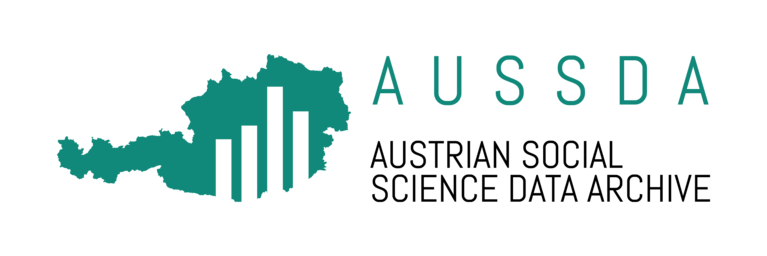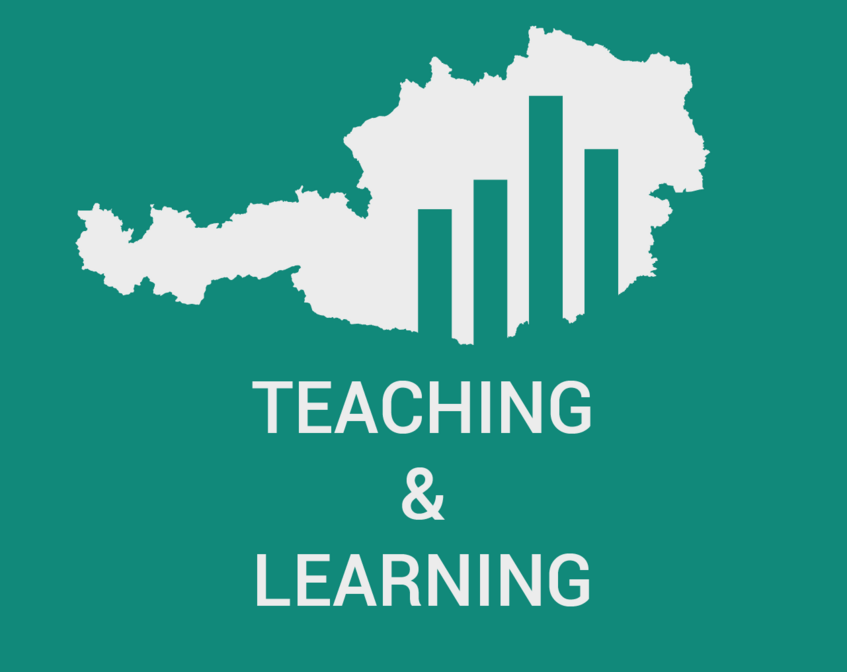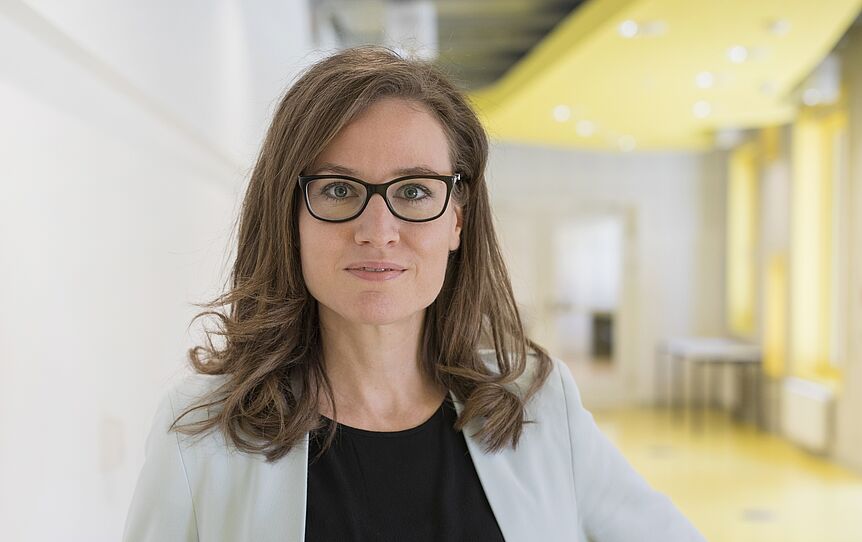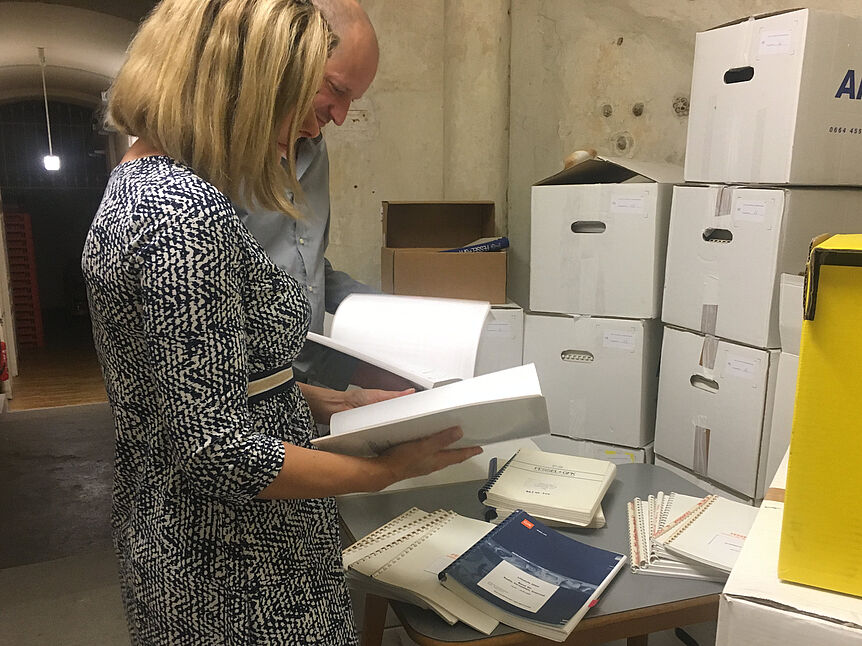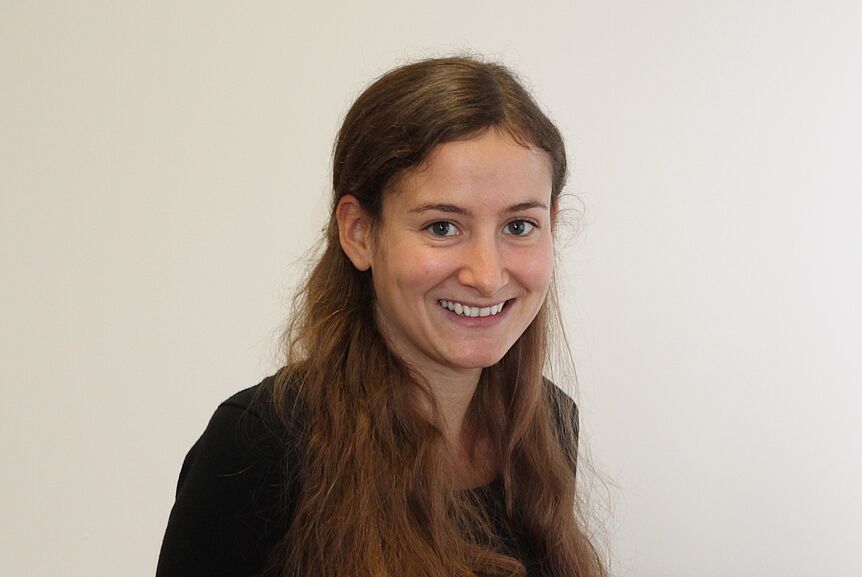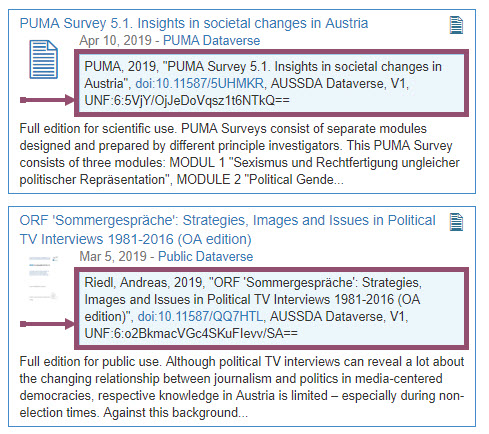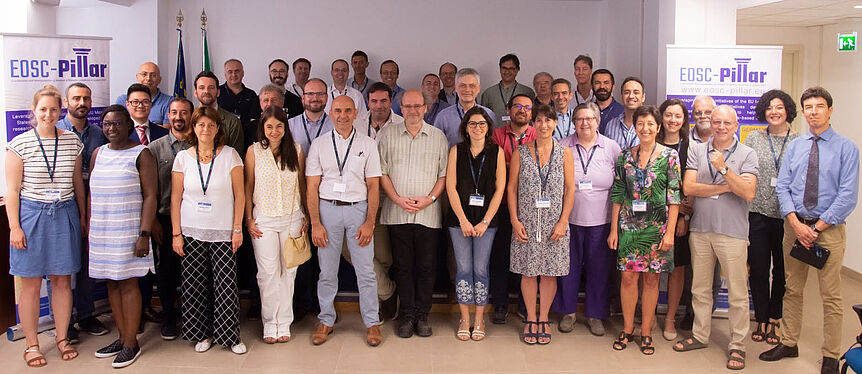We are a data infrastructure for the social science community in Austria and offer a variety of research support services, primarily data archiving and help with data re-use. We make social science data accessible, creating opportunities for research and data reuse. Since July 2020, we have been certified with the Core Trust Seal (CTS) as a "trustworthy data repository".
Get data here!
We archive a variety of social science data. The AUSSDA Dataverse is divided into several collections. Find all data sets archived with us easily online! Our user guide helps you with finding and downloading the data.
Teaching and learning with AUSSDA data - discover our new Dataverse!
Are you a lecturer and would like to find suitable data sets for teaching with just one click? Or are you a student looking for data for your thesis? We have compiled relevant datasets for you in one place. Find the overview and recommendations from methods lecturers here!
